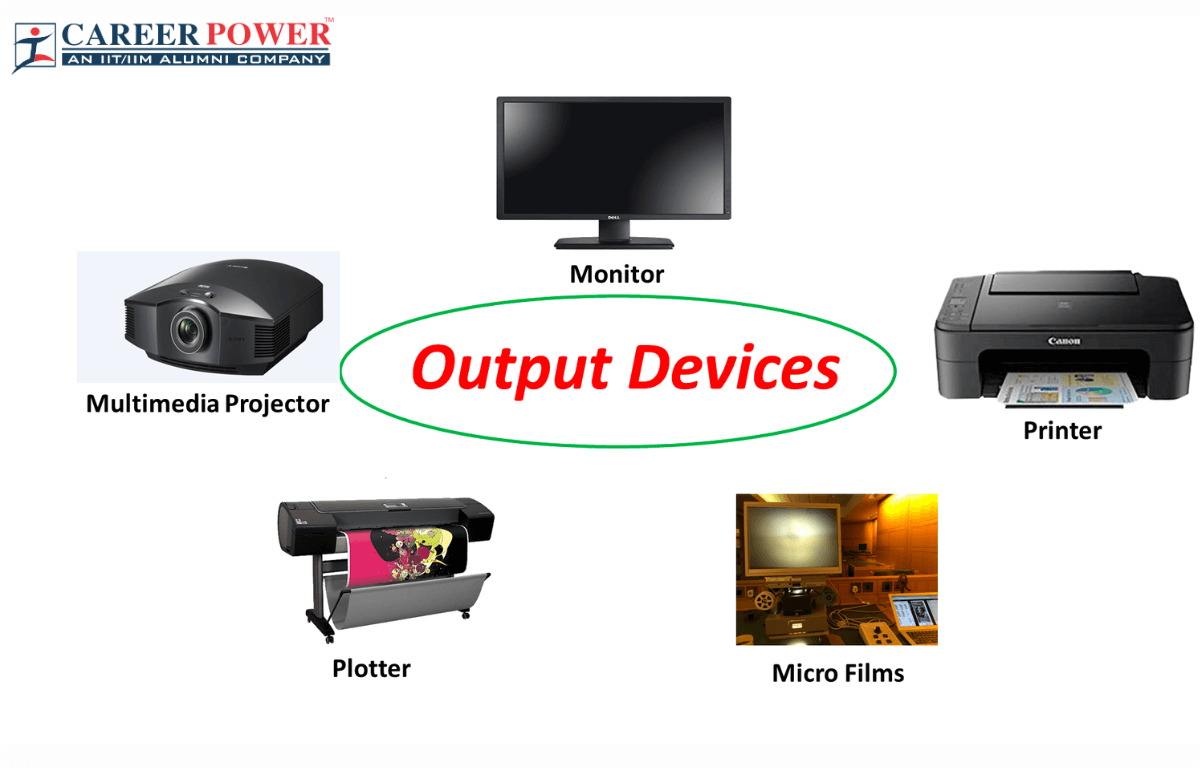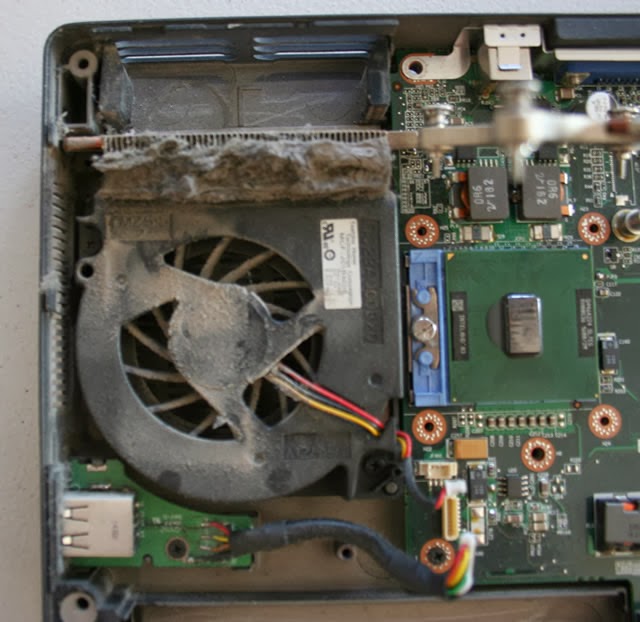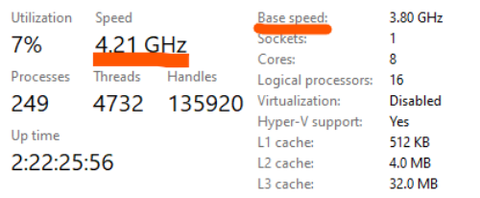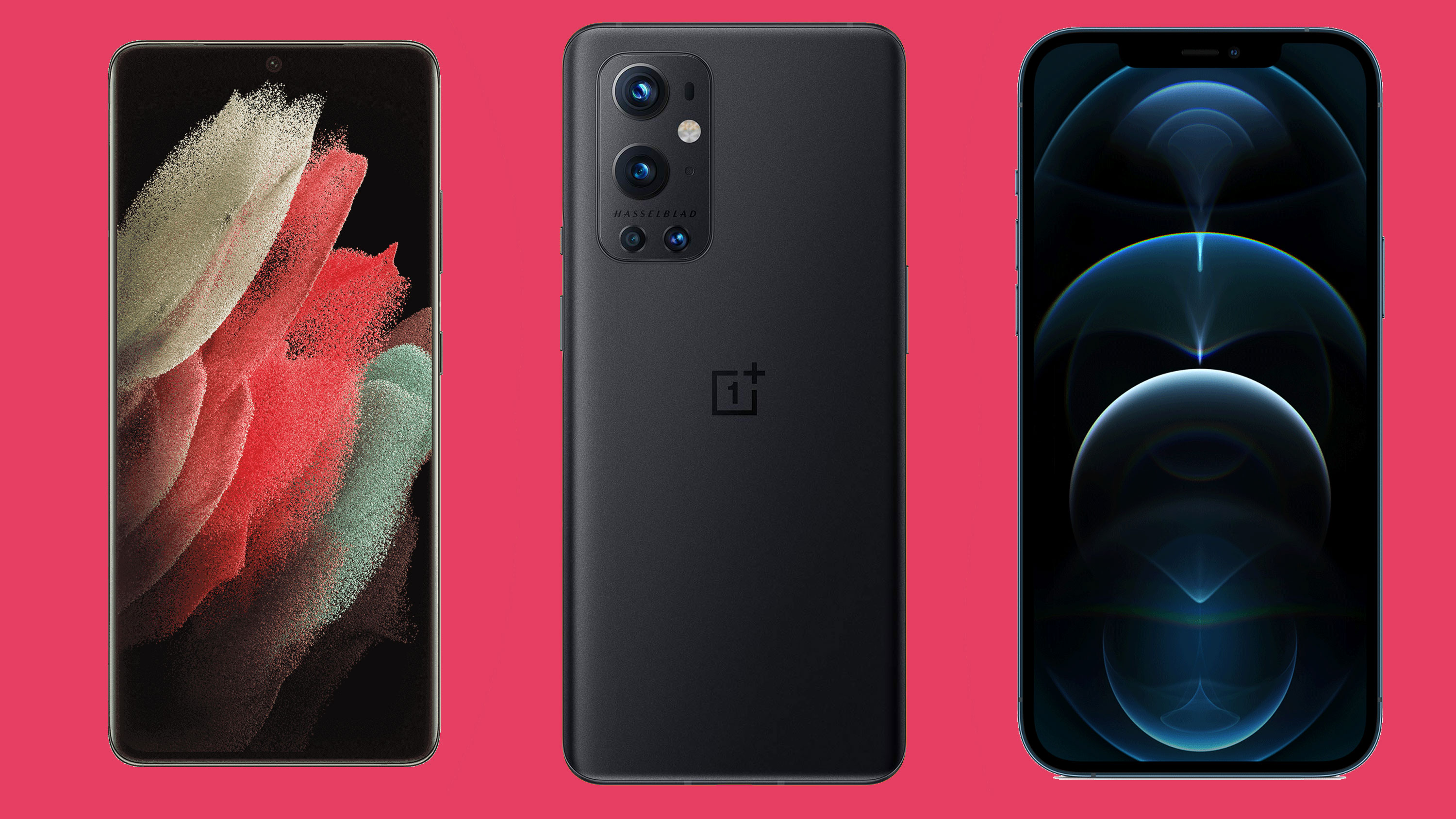Unmasking Professional Photography: What Cameras Do the Pros Use?
Introduction
The rise of social platforms has elevated photography, making it a sought-after profession and hobby. Seizing the perfect shot requires precision, skill, and a trustworthy companion - a high-quality camera. This article guides you on the journey of professional photographers, elucidating what cameras they use and why certain models are given preference. The objective is not to recommend a specific brand or model, but to arm you with useful insights when you're ready to choose your own professional camera.
What Comprises the Camera Models Professional Photographers Use?
Professional photographers swear by a few camera models that cater to their diverse needs and styles. These models not only bolster their creative potential but also lend an edge to their professional craft.
DSLRs Par Excellence: Canon EOS 5D Mark IV and Nikon D850
• Canon EOS 5D Mark IV - Dominating the DSLR market, Canon EOS 5D Mark IV is lauded for its high performance and superior image quality. The camera's versatile attributes lend a hand in capturing varied subjects, making it a favorite amongst professionals.
• Nikon D850 - Nikon D850 is an all-rounder worth mentioning. It delivers an exceptional blend of resolution, speed, and light sensitivity, resulting in stellar shots—no wonder why it is favored by professionals.
The Mirrorless Wonders: Sony Alpha A9 and Fujifilm X-T3
• Sony Alpha A9 - The revolution of the mirrorless camera in professional photography can be seen vividly through the Sony Alpha A9. Its unbeatable speed and advanced light capture technology help professionals seize the moment in perfect clarity.
• Fujifilm X-T3 - Built for precision and speed, this mirrorless marvel doesn't compromise on image quality. The Fujifilm X-T3 is admired for its superior color reproduction ability, making every frame true to life.
High-End Luxury Models: Leica SL2 and Hasselblad H6D-100c
• Leica SL2 - Integrating modern technology with age-old craftsmanship, the Leica SL2 embodies luxury. This highly robust and weather-resistant camera boasts a 47.3 megapixel full-frame sensor, which assures unmatched image quality and sharpness.
• Hasselblad H6D-100c - In the world of premium cameras, the Hasselblad H6D-100c is a standout model. Its 100-megapixel medium format sensor offers exceptional detail, making masterpieces out of regular shots.
As the diversity in professional cameras suggests, there is no one-size-fits-all in this realm. Instead, it essentially boils down to personal preference and the specific requirements of the photographer. The key, after all, lies in using these technological marvels to bring one’s unique artistic visions to light.
Why Do Photographers Opt for These Specific Camera Models?
The choice of a specific camera model by professional photographers doesn't happen in isolation. The decision is largely driven by these crucial factors:
Significance of Image Quality and Sensor Size
- Image Quality: Professional photographers captivate moments with crystal-clear sharpness and creativity. High image quality is essentially non-negotiable, making it a deal-breaker. Cameras that uphold impressive optical precision enjoy a higher preference.
- Sensor Size: Many pros lean towards full-frame sensors due to the superior image quality and improved low light performance they offer. A bigger sensor captures more light, resulting in higher quality images. This explains the popularity of the Canon EOS 5D Mark IV and Nikon D850 among professionals, equipped as they are with quality full-frame sensors.
The Necessity of Auto-Focus Performance and Dynamic Range
- Auto-focus Performance: A camera's auto-focus (AF) capability is imperative, particularly when the subject is in motion. A fast and accurate AF system ensures that photographers won't miss a crucial shot. This is why many Pros favour Sony Alpha A9, celebrated for its exceptional AF performance.
- Dynamic Range: This indicates the camera’s ability to capture detail in both the darkest shadows and brightest highlights within the same image. The wider the dynamic range, the greater the level of detail. Fujifilm X-T3, with its extensive dynamic range, is a popular choice for professionals.
The Pertinence of Additional Features and Upgrades
- Additional Features: Great camera bodies are accompanied by great features. Models that offer weather sealing, Wi-Fi connectivity, GPS, and superior recording facilities are often sought after by professionals.
- Upgrades: A professional camera is an investment, and pros take into account the frequency and quality of the model upgrades to ensure the camera's longevity and relevance.
In brief, photographers' choice of camera models is a well-thought decision echoing careful assessment of image quality, sensor size, auto-focus precision, dynamic range, besides evaluating additional features and probable upgrades.
How Much Do the Preferred Features and Compatibility with Lenses Matter?
When delving into the realm of professional photography, two pertinent aspects stand out - the importance of the preferred features in a camera and the compatibility of those cameras with different lenses.
The Importance of Harmonizing with Other Gear
To fully exploit the potential of a camera, its compatibility with an array of other photographic equipment should not be overlooked. This alignment opens up a wider realm of creative possibilities for the photographer. Critical gear may include:
- Lenses: Flexibility to switch between prime, zoom, wide-angle, telephoto lenses, etc., should be readily available.
- Flashes: The camera should allow an easy connection with external flashes, tailored to tackle tough lighting conditions.
- Tripods: Compatibility with various stabilizing devices ensures sharp, motion-free images.
- Remote Controls: Wireless remote controls can offer convenience and flexibility, especially for long-exposure photography.
Highlighting the Impact of Lens Quality
While the performance of a camera is paramount, the quality of the lens used can significantly affect the end result.
- Sharpness: High-quality lenses deliver superior sharpness, resulting in crisper, detailed images.
- Distortion: Premium lenses minimize distortion which may otherwise compromise the image quality.
- Lighting Conditions: Good quality lenses increase the camera's ability to perform under challenging lighting conditions.
- Resolution: The lens' resolution power can enhance the intricate details within a photograph.
Therefore, when selecting a professional camera, evaluating the significance of preferred features and the compatibility with lenses and other gears plays a significant role. A balance of both ensures that photographers are equipped with a powerful tool that caters to their varied creative demands.
What Are the Key Considerations in Choosing Your Professional Camera?
In the journey of choosing a professional camera, several intrinsic aspects need careful assessment. The critical factors can be categorized into three primary compartments:
1. Striking a Balance Between Cost, Quality, and Future Potential:
- Cost: The price tag on professional-grade cameras is often hefty. However, affordability should not compromise the quality. For amateurs starting their journey, going for less expensive models with decent features may be a practical route.
- Quality: The resolution, sensor size, dynamic range, auto-focus ability, and other technical attributes collectively decide the quality of a camera. While purchasing, you should look for a camera that offers a perfect blend of these elements.
- Future Needs: A high-end model might appear an overkill in the present but could prove to be cost-effective in the long run, particularly when you start handling professional tasks. Consider your photography future and whether a camera can cater to prospective upgradations.
2. Evaluating Brand Reputation and Its Customer Service:
- Brand Reputation: Reliable brands present a promise of quality. Consider browsing through professional photography forums, customer reviews, and expert recommendations to gauge brand credibility.
- Customer Service: Post-purchase support is as essential as the features of the camera. Opt for brands known for their prompt and efficient customer support, which can be invaluable for troubleshooting or when your camera requires maintenance or repairs.
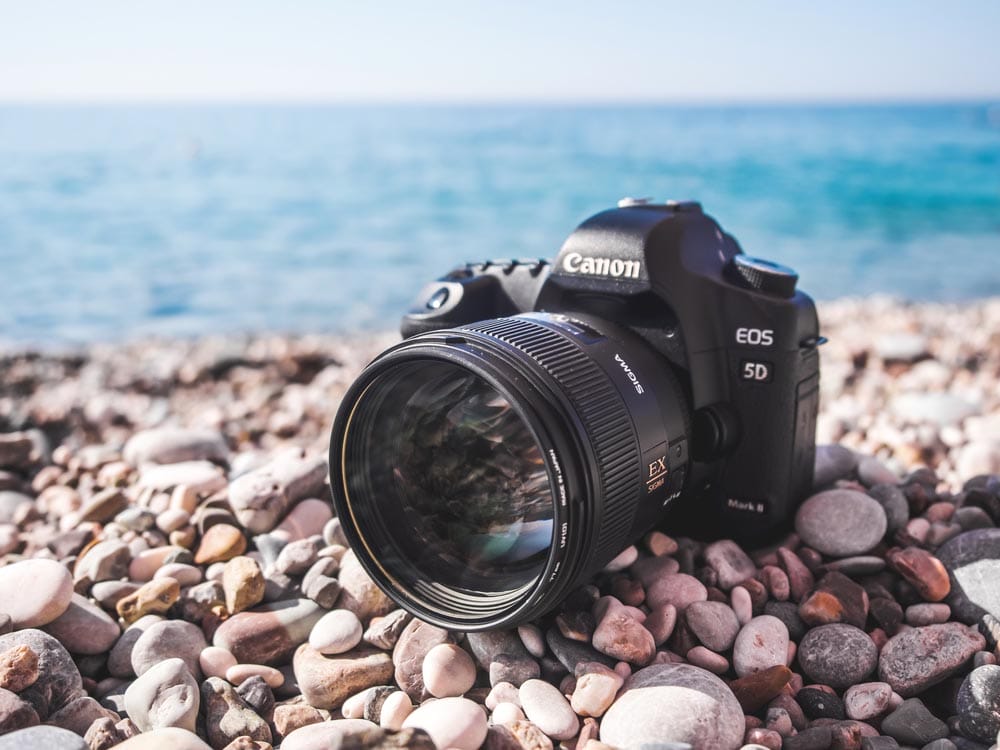
3. Making the Choice: DSLR vs. Mirrorless Cameras:
- DSLR Cameras: With an array of lens options, superior battery life, and an optical viewfinder, DSLRs are a fine choice. However, they are bulkier than their mirrorless counterparts.
- Mirrorless Cameras: These cameras offer excellent video performance, are lighter and compact, and quite user-friendly. The only downside might be their battery life, which is comparatively shorter than DSLRs.
Understanding these factors can often seem overwhelming but brings you a step closer to finding the perfect camera that aligns with your photography style, budget, and future prospects. Always remember, your camera is an extension of your creative vision!
Conclusion
Choosing a camera is a personal journey, as unique as the photographs you intend to capture. This article sheds light on what professional photographers consider when making their choices. Not one camera suits any professional, and it may be the same for you. Market overviews, understanding the importance of specific features, and assessing brand reputations ensure you're making an informed decision when selecting your professional camera.
Related FAQs about what cameras do professional photographers use
Why do professional photographers prefer certain camera models?
Professional photographers prefer certain camera models due to a variety of factors such as image quality, dynamic range, sensor size, autofocus performance, and compatibility with various lenses. These preferences can vary widely based on their specific niche and style of photography.
What are the key factors to consider when purchasing a professional camera?
Key factors to consider when purchasing a professional camera include the camera's cost, quality, and future upgrade potential. Other factors can include compatibility with other photography gear (like lenses), additional features of the camera, and the reputation of the camera brand's customer service.
What are the advantages of a DSLR camera over a mirrorless model in professional photography?
DSLR cameras generally have longer battery life, faster autofocus and superior optical viewfinder as compared to mirrorless models. Additionally, DSLRs have a larger selection of lenses. However, mirrorless cameras are more compact, lighter, and often better suited to video, though these advantages and disadvantages can vary depending on the specific camera model and brand.

